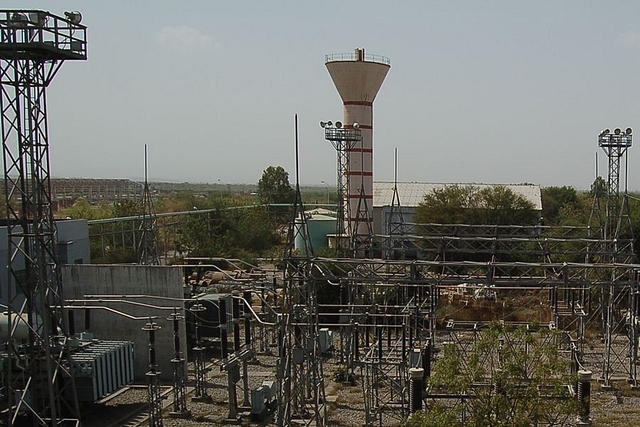
Creditors Win Big As SC Upholds NCLAT Order To Let Birla’s UltraTech Bag Binani Cement
The Supreme Court verdict brings closure to the Binani Cement saga, but perhaps the last word on contested bids for good assets has not yet been said.
The Supreme Court’s order rejecting Dalmia Bharat’s appeal against a bankruptcy appellate court decision to let UltraTech Cement buy Binani Cement is welcome for two reasons: it finally ends an insolvency process after nearly a year-and-a-half of proceedings, when the Insolvency and Bankruptcy Code (IBC) specifies a 270-day limit for resolution. Secondly, it upholds the National Company Law Appellate Tribunal’s (NCLAT’s) verdict earlier this month that obtaining the highest price for assets is an important goal for the IBC process.
The Dalmia challenge was rejected by a bench headed by Justice Rohinton Nariman.
The UltraTech-Dalmia battle went into a prolonged period of court challenge because Dalmia’s Rajputana Properties was declared the highest bidder by the Committee of Creditors (CoC) earlier this year. UltraTech offered to better its offer only after this was made known. While Dalmia’s original offer was around Rs 6,930 crore, marginally ahead of UltraTech’s, the latter finally offered an improved bid that gave creditors nearly Rs 1,000 crore more - Rs 7,900 crore. This amount will compensate not only the financial creditors 100 per cent, but also the secured and unsecured creditors. Thus, not only banks, but also other creditors backed the UltraTech bid.
The troubling question that the Supreme Court decision in favour of UltraTech leaves behind is this one: while it may not open the floodgates for new bidders to arrive on the scene after the winning bid is announced, there is still a window of opportunity open for losing bidders to re-enter the bidding war.
This is good for creditors, since they will now recover more of their lost loans than before. But it may well make the whole bidding process more prolonged, and more litigation-prone.
Perhaps, the way around this problem is for the resolution professional and the creditors to make it clear upfront – before any bids are opened – that all participating bidders may be allowed to rebid within a specified timeframe, in case they want to do so. Allowing brand new bidders to enter the fray as spoilers may not be a great idea.
The Supreme Court verdict brings closure to the Binani Cement saga, but perhaps the last word on contested bids for good assets has not yet been said. Court challenges cannot be ruled out in future. The case law does not appear fully settled on this issue.
But there is little doubt that the order is good for creditors of all hues.